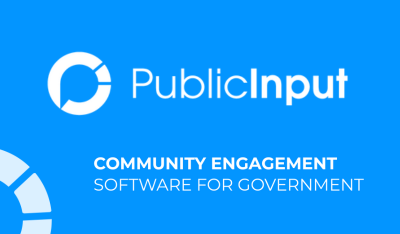
In a world inundated with information, the key to successful community engagement lies in reaching and informing the right people. Recent insights from the PublicInput 2023 Resident Engagement Survey shed light on a compelling statistic: residents are more likely to engage when the issues hit close to home. The data reveals that 64% of respondents show a heightened interest when the matter is just a couple of blocks away—an intriguing revelation that underscores the significance of localized relevance.
The survey findings took center stage in a webinar featuring Jay Dawkins, the CEO of PublicInput, who demonstrated how understanding proximity can be transformed into stronger outreach strategies. Geo-fencing, a cutting-edge tool, allows for precise targeting of specific geographic areas down to the street address level.
Below are three success stories highlighted in the webinar, illustrating how regional and local government organizations leverage geo-fencing to enhance public participation.
1. Congress Heights Small Area Plan (Washington, DC)
This success story highlighted the potency of collaboration with community partners and hyper-local outreach. Reaching over 3,500 participants, including nearly 500 subscribing residents, Congress Heights demonstrated how effective targeted engagement can be when an organization speaks directly to the community members most impacted.
2. Menlo Park, California
In this case, existing data, including municipal utility databases, became the strategic cornerstone for an agile and efficient approach to community engagement. Menlo Park’s focus on building a robust parcel-level resident database exemplifies the power of consolidating diverse data sources to enhance community interaction.
3. GTC Metropolitan Planning Organization (MPO)
The tale of two email campaigns—one targeting a broad audience and another hyper-localized for the village of Warsaw—revealed the impact of tailored communication. The hyper-local outreach, with its impressive open rate, affirmed that relevance on a smaller scale drives deeper connections.
These examples underscore the relationship between proximity and tailored outreach. Successful community engagement hinges on understanding the unique dynamics of each locality and delivering information in a way that resonates with residents. By prioritizing localized relevance and leveraging innovative tools, communities can foster meaningful connections, empower residents, and drive impactful engagement—all vital components in the journey towards building stronger and more connected neighborhoods.
If you missed any part of the webinar series, access the on-demand webinars [here]. Discover how PublicInput is the only community engagement platform that can solve every dimension of your public engagement process, so you can better reach, engage, understand, and communicate with your residents.



